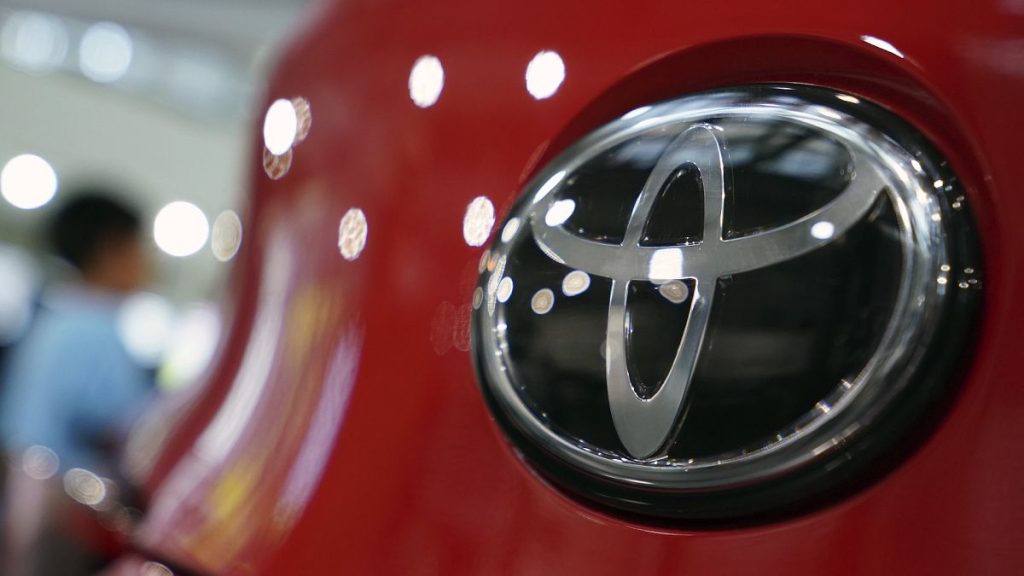Toyota’s aggressive foray into the electric vehicle (EV) market is marked by a strategic partnership with the Shanghai government and a substantial investment in a US-based battery production facility. The Japanese automaker is establishing a new company in Shanghai, dedicated to developing and manufacturing Lexus EVs, with a projected annual production capacity of 100,000 vehicles and the creation of approximately 1,000 jobs. Concurrently, Toyota is constructing a $14 billion battery plant in North Carolina, slated to commence operations in April, supplying batteries for EVs, hybrids, and plug-in hybrids to North American models. This two-pronged approach underscores Toyota’s commitment to accelerating its presence in the rapidly expanding EV sector, particularly within the booming Chinese market, addressing concerns about its perceived lag behind competitors like Tesla and BYD.
This strategic move coincides with mounting anxieties in Asia regarding potential trade conflicts stemming from escalating tariffs between the US and China. While Toyota’s CFO, Yoichi Miyazaki, refrained from directly addressing the tariff issue, he emphasized the company’s unwavering commitment to fostering positive relationships within its operational regions. This commitment is evident in Toyota’s efforts to align with the Chinese government’s carbon neutrality goals by 2060, underscoring the company’s dedication to sustainable practices and contributing to the global shift towards cleaner transportation.
Toyota’s financial performance in the third quarter of the fiscal year showcases a robust recovery from previous setbacks. The company reported a significant 61% increase in profit compared to the same period in the previous fiscal year, reaching 2.19 trillion yen. Sales also experienced a 3% year-on-year growth, totaling 12.4 trillion yen. This positive trajectory is attributed to the rebound from production disruptions caused by a certification scandal in Japan, demonstrating the company’s resilience and its ability to navigate challenges effectively.
The certification scandal, involving fraudulent testing practices related to crash tests, airbag inflation, and engine power checks, had impacted production in Japan but did not compromise vehicle safety. Toyota’s transparent acknowledgment of this issue and subsequent corrective measures have contributed to restoring trust and bolstering its financial performance. This recovery is further strengthened by favorable foreign exchange rates and cost reduction initiatives, which have prompted Toyota to revise its full-year profit forecast upwards to 4.5 trillion yen, a substantial increase from the previous projection of 3.6 trillion yen.
The newly established company in Shanghai represents a pivotal element of Toyota’s strategy to capitalize on the burgeoning demand for EVs in China. Collaborating with existing partners, China FAW Group Co. and Guangzhou Automobile Group Co., Toyota aims to tailor its EV offerings to the specific preferences of Chinese consumers. By empowering local Chinese team members to spearhead the planning and development of these vehicles, Toyota seeks to strengthen its connection with the Chinese market and solidify its position as a trusted and respected brand.
This strategic approach signifies Toyota’s commitment to long-term growth and sustainability in the global automotive market. By investing heavily in EV production, battery technology, and localized development, Toyota is positioning itself to compete effectively in the evolving landscape of the automotive industry, addressing the growing demand for environmentally friendly vehicles and navigating the complexities of international trade dynamics. This proactive approach reflects Toyota’s commitment to innovation, customer-centricity, and its aspiration to be a valued and integral part of the communities it serves globally.














